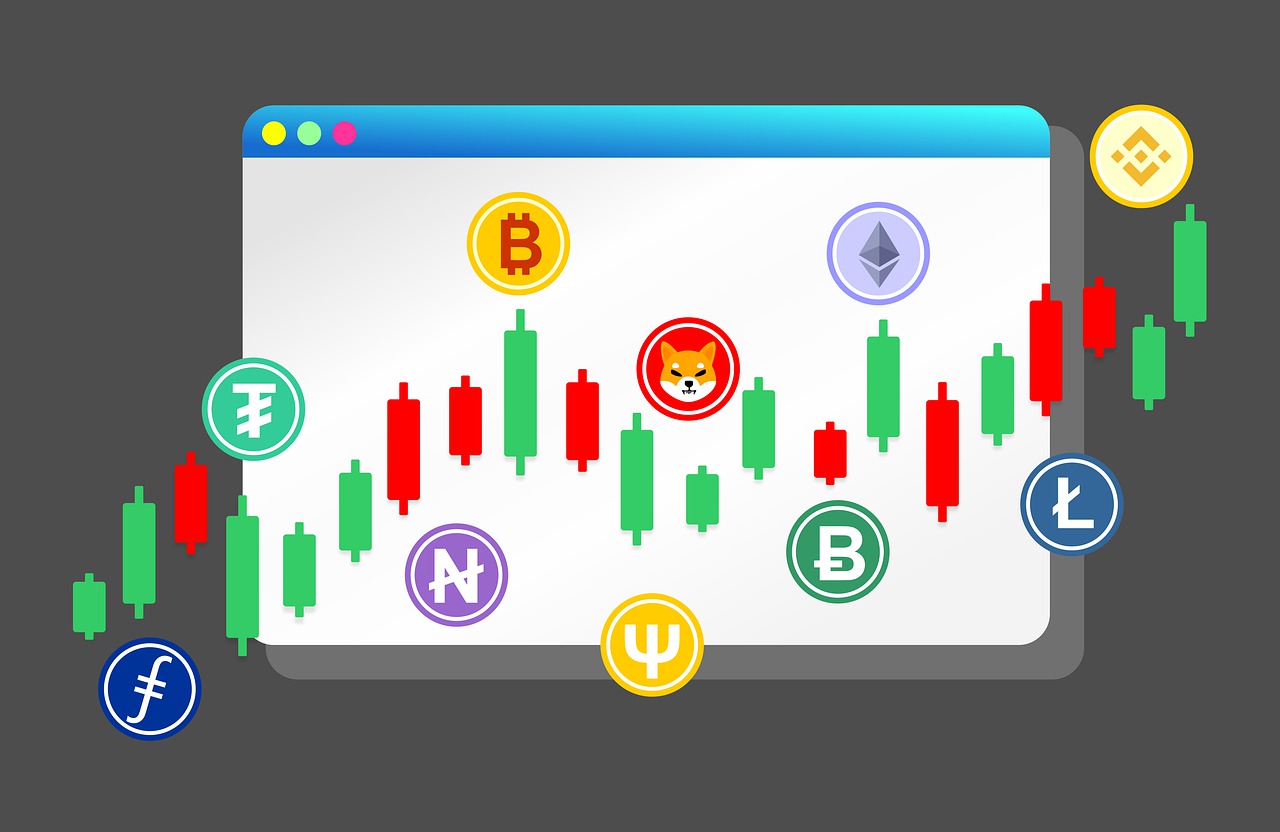Surviving and thriving in crypto - yes, right now
Bold claim, but I think I really get crypto; perhaps even more than a LOT of people who are deep into it.
Going to make this claim based on the fact that (1) I have a decent amount of money in and (2) I 100% absolutely expected the present bloodbath and have little problem with it going even worse.
I'm looking at a few fundamental ideas here. In no particular order:
Big overarching idea: It is in fact crazy and speculative. I don't think it's where you put the life savings. If you can't do it in a way that knows severe ups and downs are not just likely, but certain -- you probably have no business being here. You can't merely weather this drama, you must expect it and take advantage of it.
Next; you have to pay attention to the fundamentals of the *tech.* This is like paying attention to the fundamentals of a stock, but in a way even better because you're less subject to humans and personalities. You can simply examine how the machinery works.
Look -- Bitcoin itself, as compared to the other cryptos is the gray 30 pound brick cell phone. On one hand, a brilliant proof-of-concept that shows you what is possible with new technology and tells you that things are going to never going to be the same, post the invention. And on the other -- even as it's own, you can tell it's already a relic dead in the water because it's just too clunky and you know a better version will come along. When it was on it's way up, I suggested that it would never fall below $5000. I still mostly believe that, and also I believe anything between 10 and 100K is entirely possible. This is further augmented by the fact that crypto is not *stocks* -- and one of the main, if not THE MAIN, selling point of crypto is liquidity and fungibility. If you can't easily convert it to other money, it's *literally* not doing its job. Therefore anything bad at this won't do well.
But what about NFT's? Sigh, no. I am fascinated since the NFT space is a huge reversal in how tech usually happens -- which is to say, in most tech the enthusiasts understand it better than the crowd. But the crowd gets it here; NFT's are still mostly dumb. To be a bit more precise, NFT's are inherently contradictory in that they bring "decentralization" to things that NEED centralization. Collectibles are fine, digital ones even. But they all need a central clearinghouse sort of thing to work. There's basically no tech that requires NFT's. The BEST you can hope for, and a thing I think is likely to happen, is that NFT's find a home for something that's not strongly centrally controlled and the sizzle is enough to get the thing off the ground, even if it didn't much need it. That is, the shininess of NFT's might "explain" the concept to the world and popularize it (A parallel idea I've had -- Twitter is essentially just RSS explained to the world in a sexy way.)
Let me broaden this centralization idea a bit and explain why I also don't take much stock in the so called "Ethereum-killers" -- Solana, Cardano et al. These are the ones trying to play nice with institutions. But again --blockchain's literally not bringing anything new to institutions. They already have their "blockchain" but better-for-them, in the form of the electronic banking system we already have now. If anything, blockchains make their systems harder, because they are more public.
So the, back to the real stuff. I do think crypto lives on. Let's think about what it must be good at: It has to move around well. This means you need to look at technologies that move it around better and cheaper. It has to be decentralized, and it has to store value in a valuable way (i.e. at least matching inflation, if not better. Perhaps something that appreciates when you lock it up like a CD).
Yup, again talking about Richard Heart's Hex. Fits all of these. Now, I can see the objection with how Hex does inflation -- it does Proof of Stake instead of Proof of Work, meaning the big money goes to the people who lock up their money like a CD, with penalties for early withdrawal. But I imagine most might be like "but where's the value coming from -- it's not like a stock where you're looking at future expected earnings."
Sorry folks, this is when you have to get used to the actually correct refrain of the leftist-hippie. Money's all imaginary, all of this is made up. I think it goes here. I think Hex, and proof-of-work does not require any other putatively objective "value-add" than "hey, saving your money in a CD type thing is a good thing, so the people believe."
Now, if one doesn't mind getting one's feet a little dirtier, we can look at the other thing, Pulsechain/PulseX. This takes care of one of the above fundamentals, it's a duplicate Ethereum chain which is supposed to have lower fees -- but even if it didn't, it would still likely be valuable, for the same reason that more lanes on a highway are at least likely to relieve some congestion. The dirty part is; well -- if you invest in the Pulse stuff, this is very similar to selling shovels during the gold rush. If you believe that people are going to want to keep going with this stuff, inventing and trading and trying things, and yes, scamming -- then it would make sense to invest in the thing that makes you money regardless of who loses or wins as they do it. And that's Pulse and PulseX, I believe.

Backlinks: Journal:2022:05:11